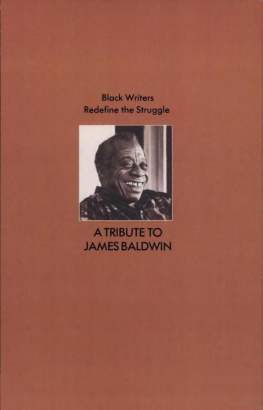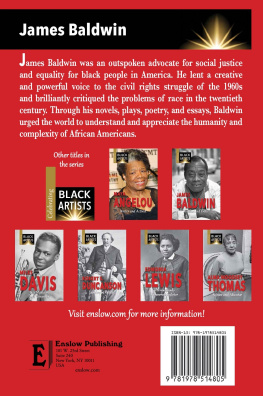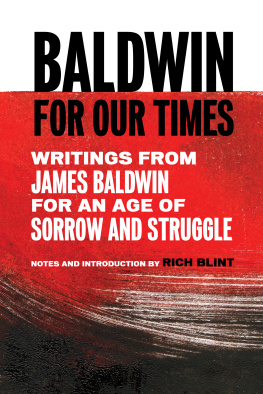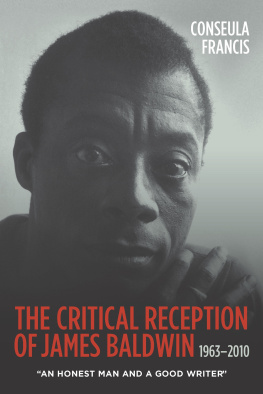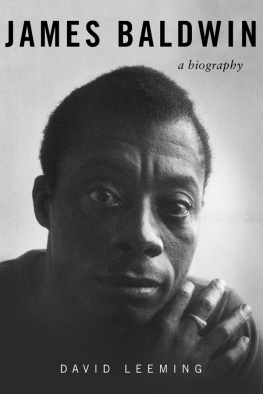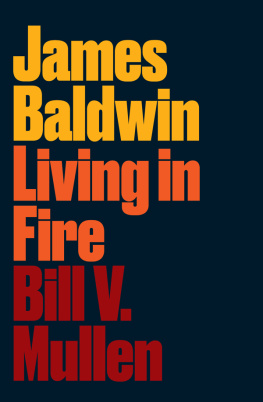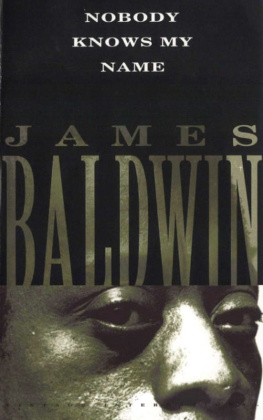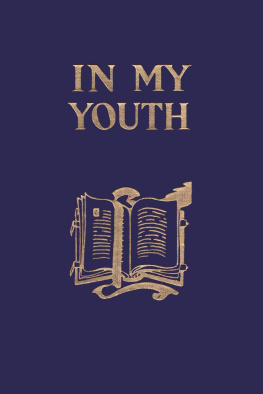| alone, but wherever there are dark men who live only for their bellies." White racism, then, is a matter of politics and also economics. The history and the truth of the black man, told by the white man, has generally been done to serve political and economic ends. |
| Baldwin says, "Take no-one's word for anything, including mine.... Know whence you came. If you know whence you came, there is really no limit to where you can go. The details and symbols of your life have been deliberately constructed to make you believe what White people say about you.... It was intended that you should perish in the ghetto, perish by... never being allowed to spell your proper name." |
| Let us now look briefly at the "fearful conundrum" of Africans selling their brothers and sisters and children for a bauble. Was that truly what happened? Has anyone told us the sad, sad story of that King of Bukongo who reigned as a Christian king, having changed his name to Dom Alfonso I, from 1506 to 1543? Dom Alfonso, who built schools and churches and renamed his capital San Salvador, whose son was bishop of Utica in Tunisia and from 1521 bishop of the Congo, who sent embassies to Lisbon and to Rome. This man thought he had allies and friends in the Portuguese Jesuits he had encouraged to come and live in his kingdom and convert his subjects. Unfortunately for him, Brazil was opening up and needing labor to work the vast plantations. So the Portuguese missionaries switched professions. They abandoned their preaching and became slave raiders. Dom Alfonso, in bewilderment, wrote letters in 1526 to King John III of Portugal complaining about the behavior of his subjects in the Congo. The letter was unanswered. In the end, the Portuguese succeeded in arming rebellious chiefs to wage war on the king. They defeated him. Thereafter, the Portuguese imposed the payment of tribute in slaves on the kingdom. |
| You will not find this story in our conventional history books. So for a start, we must change our reading lists. Such books as Chancellor Williams' Destruction of Black Civilization; Chinweizu's The West and the Rest of Us; and especially Cheik Anta Diop's The African Origin of Civilization should be standard fare for us and our children. |
| These are not fanciful books. In 1966, at the First World Festival of Black and African Arts held in Dakar, Dr. Diop, who had then been working for twenty years on rediscovering African history, shared with W.E.B. Dubois an award as the writer who had exerted the greatest influence on Negro thought in the 20th century. Dr. Diop, an African Renaissance manphysicist, historian, poetwas until his death recently Director of the Radiocarbon Laboratory at the University of Dakar. His revolutionary work, enormous in scope and quality and pursued with zeal and intelligence over a period of forty years, has given Black people a foundation on which to begin a reconstruction of their history. |
|

